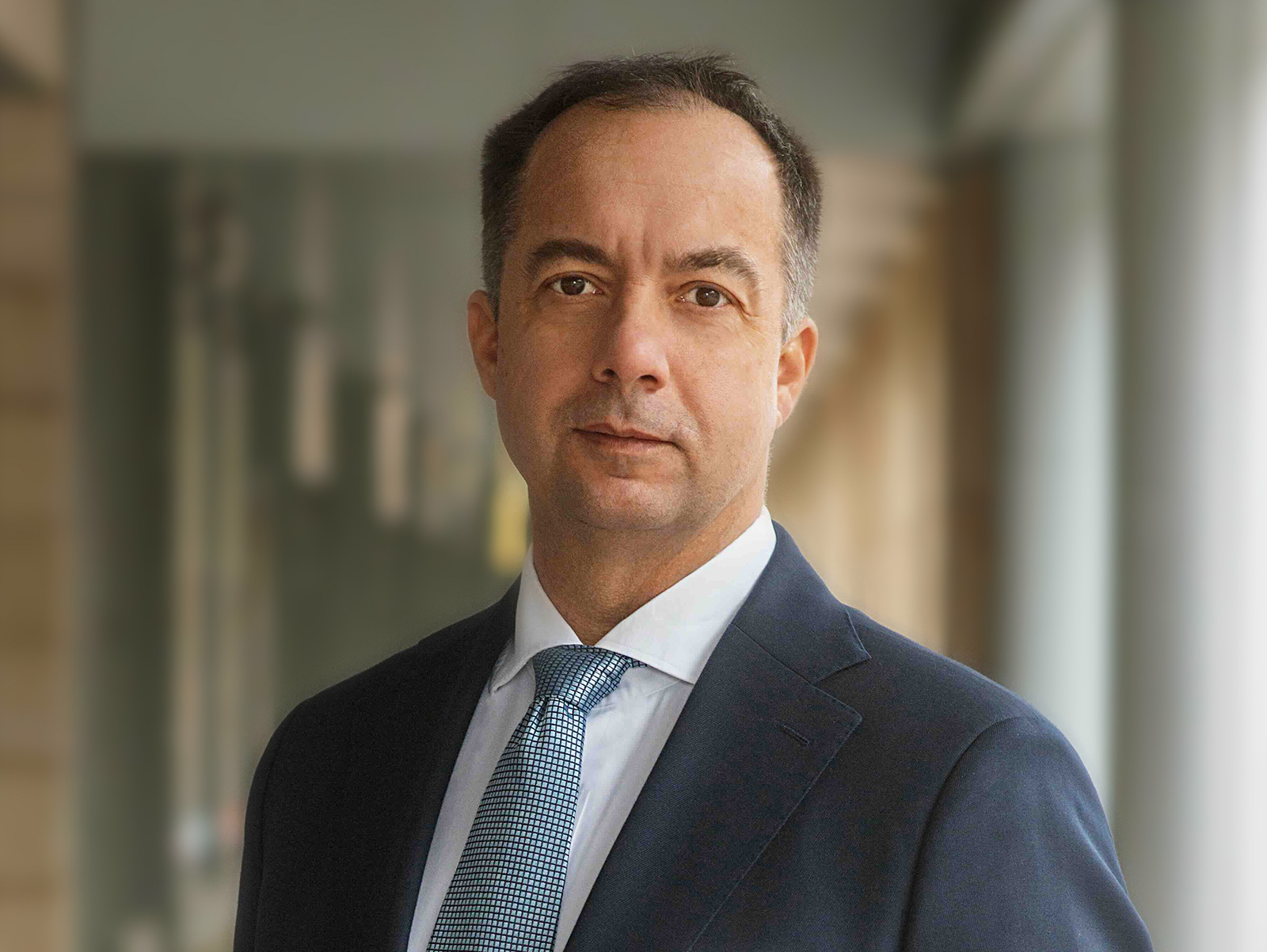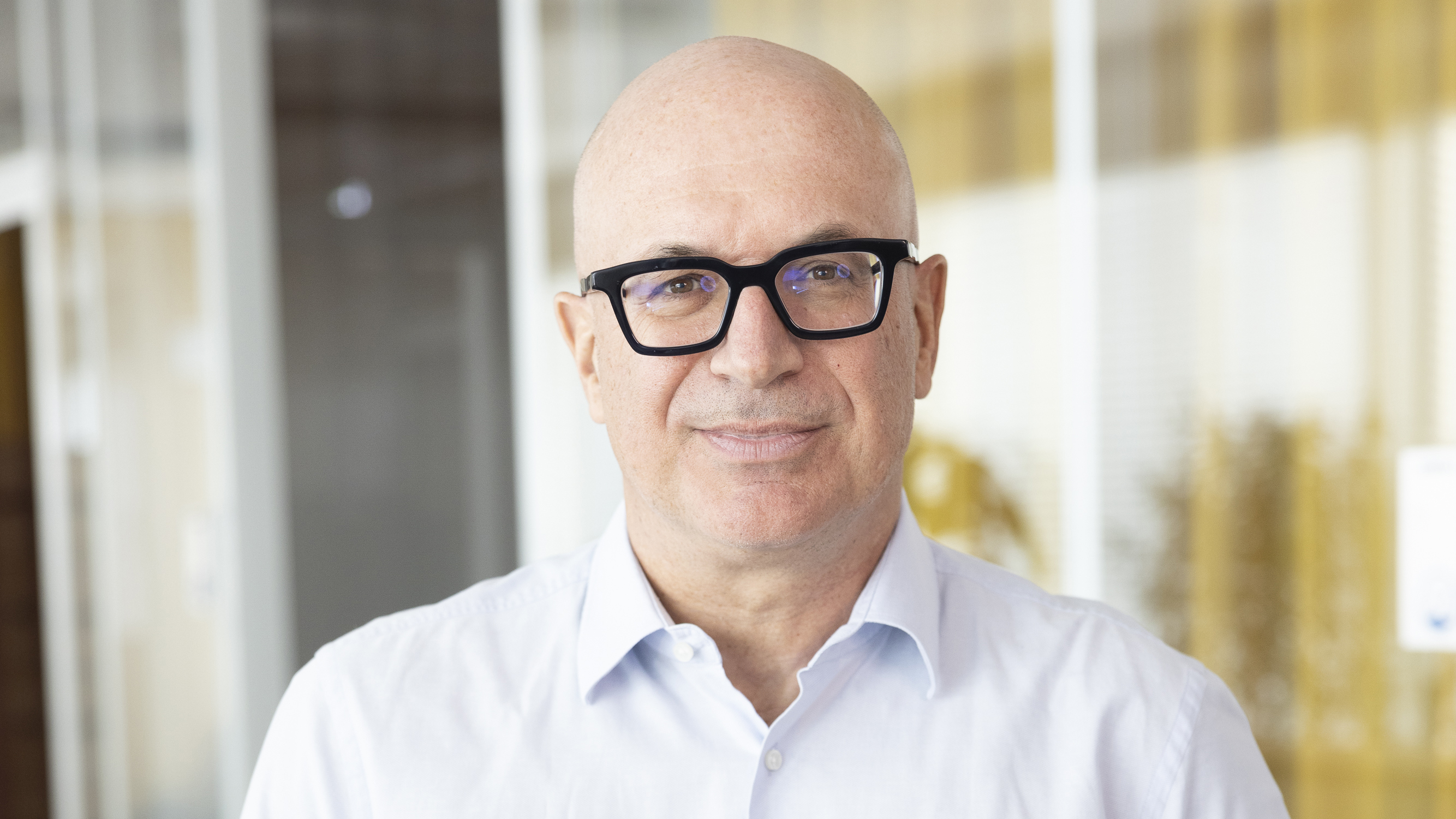Teamwork and Education Give Frame the SFM Edge

Attila Puskás
Whether it is between the building owners or their tenant companies and various service suppliers, Frame Group has been building bridges since 1989, its boss says. It is now pioneering the adoption of SFM, or sustainable facility management, in Hungary.
For Attila Puskás, executive board director, the move to support sustainability in a corporate world increasingly dominated by ESG questions and non-financial reporting is entirely logical, but it still required a conscious decision. Frame was smart enough to see the way the wind was blowing and, as a result, has a head start on much of its competition.
Buildings are considered one of the most significant contributors to carbon emissions. And who knows buildings better than the facility managers who look after them? Two ideas crop up repeatedly during our conversation: teamwork and education.
“Look at who’s fully involved in ESG today; it’s usually the bigger companies, especially the multinationals. And most of them, as I see, have started to build up in-house green teams,” Puskás says.
“What we’d like to suggest to our clients is that they involve us in these green teams when it comes to property issues because we can share our experience, our data, and we can suggest at least a shortlist of options for how to do things in the most efficient, easiest and fastest way to try to achieve energy savings,” he tells the Budapest Business Journal.
For years, property and facility management have been reactive; a customer requests something, and the PM or FM team responds. Increasingly, ESG demands something more proactive, whether replacing windows, sourcing green energy, or updating equipment to find a more efficient solution.
Another way of looking at it is as a debate between CapEx and OpEx. If your focus is on operational expenses, you might want to find the cheapest, most effective, environmentally friendly surface cleaner. If your priority is to replace an old boiler with something more efficient, on the other hand, you are looking at an initially more expensive capital expenditure outlay to save money in the longer term. But in either case, Frame says it will be able to advise you on the best options.
HVAC Benefits
Take heating, ventilation and air-conditioning systems for example. Update it and make it more efficient, and you will see long-term savings once you swallow the short-term purchase and installment costs. But a modern HVAC unit brings other benefits.
“Many studies have demonstrated how important the employees’ daily life is in motivating the return from home office. One of the top issues is how they feel in the office. A big part of this is the air quality, for example. If you are using old HVAC equipment, and maybe the filters have not been cleaned properly for some time, the air quality will be much worse,” Puskás explains.
One thing that helps the Frame Group stand out, the director says, is that it keeps as much of its work in its own hands as it can, rather than subcontracting out to third parties.
“Our strategy is to try wherever possible to provide services through our employees. First of all, it’s much more efficient for communication and monitoring our work,” Puskás says.
“Secondly, we can teach our system and educate our colleagues directly. So, for example, we have our security staff, our own cleaning staff, and most of the maintenance for the machinery is done by our staff.” Only highly specialized work, such as elevator maintenance, is farmed out. But Frame Group’s capabilities don’t end there.
“Some years ago, we tried to figure out how we could offer more advanced and more efficient facility management, and the board decided to start to build up two other legs for us to stand on: one was office fit-out, and the other was energy management. We started to focus on energy consulting, especially green energy options.”
Puskás says the market did not understand why Frame had taken those steps for a while, but he thinks there is now a growing recognition.
Influencing Change
“Our view was that sustainability would be very influential for suppliers if they want to stay competitive. And that was why we were building up these two other legs because they all connect to each other. As a facility management provider, we focus on our customers, what they must replace, or how they can reach their sustainability strategy. So, with our fit-out team, we can change the windows or the equipment. We can change almost anything on the building,” he insists.
“Our energy management team can provide professional advice on the easiest way to get green energy. For example, one of our biggest projects last year was for a pharmacy company, where we built out the whole green energy supply,” he explains.
The Suzuki factory in Esztergom is an excellent example of a customer benefitting from this multi-pronged approach. Frame Group provides everything from energy solutions to fit-out, cleaning and maintenance. Another is Vodafone Hungary. A couple of years ago, Frame signed a five-year total facility management contract with the telco covering the whole of Hungary, including the international operation service company, Vois. That includes energy management, security, database maintenance, fit-out, cleaning and more for the Budapest One head office, all data centers, the Miskolc Office Center and 24 countryside branches.
Frame Group seems to have accurately predicted the coming sustainability wave early enough to become a pacesetter for the market. So, what does Puskás think the next big trend will be?
“It’s not a new word anymore, but AI. We are putting together a focus group to collect and analyze the data and figure out the next steps, but I think AI will help us do many things smarter. Some software is starting to appear now, although it is still on a basic level. But when I see how much influence AI has over other parts of our life, I’m sure we will meet with it in our sector pretty soon.”
More immediately, he welcomes the arrival of MOL company MoHu on the scene and the government’s apparent drive to improve the waste management situation. Crucially, he believes having one central body to deal with should make life easier.
“Each side will have to spend some time understanding the other, but I feel that MoHu is open to listening to our requests right now. Because if they understand our needs, they can implement how it works on the field and try to provide the same level of waste management countrywide. I think that could be a huge step for the efficiency of office management. And it is another case where we can be a bridge between our customers and the authority,” he adds.
This article was first published in the Budapest Business Journal print issue of February 9, 2024.
SUPPORT THE BUDAPEST BUSINESS JOURNAL
Producing journalism that is worthy of the name is a costly business. For 27 years, the publishers, editors and reporters of the Budapest Business Journal have striven to bring you business news that works, information that you can trust, that is factual, accurate and presented without fear or favor.
Newspaper organizations across the globe have struggled to find a business model that allows them to continue to excel, without compromising their ability to perform. Most recently, some have experimented with the idea of involving their most important stakeholders, their readers.
We would like to offer that same opportunity to our readers. We would like to invite you to help us deliver the quality business journalism you require. Hit our Support the BBJ button and you can choose the how much and how often you send us your contributions.








